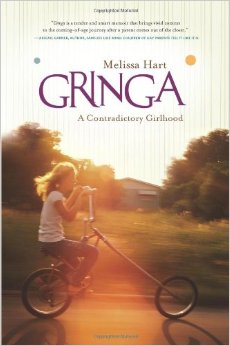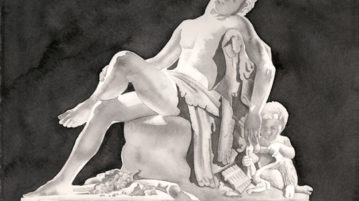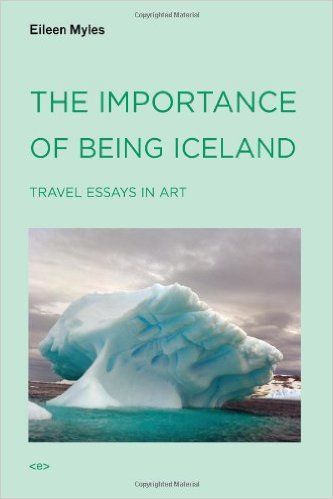A Funny Thing Happened…
AS IF peering through a kaleidoscope of twisted history and distorted time, I could not help but become drawn in by the characters and images that J. J. Sagmiller has created in this delightful romp through the raucous world of early 18th-century London theatre.
More



